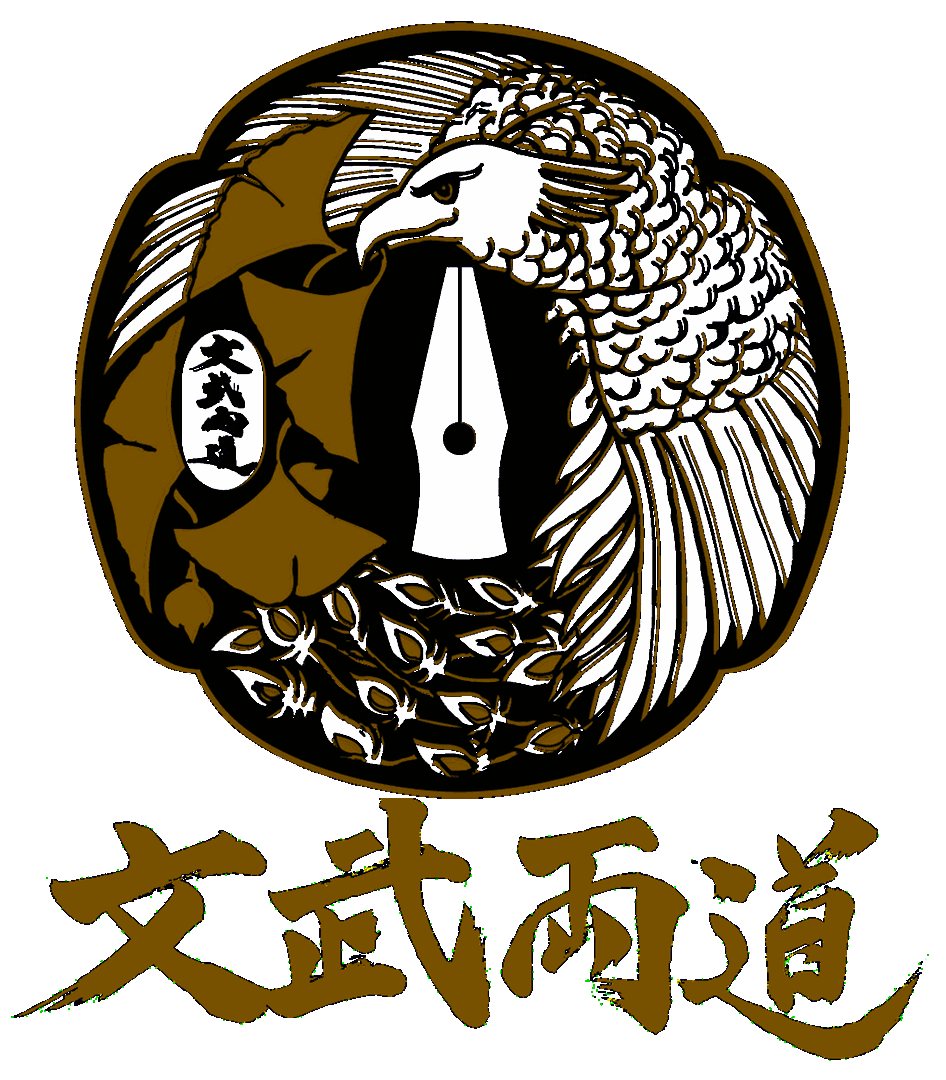Training procedures
Successful risk management is best achieved when all Students adopt a spirit of responsibility in regard to safety issues. In attending a training session, students are declaring that they are aware of, and agree to adhere to, the following measures:
Prior to training
- Be aware of the Club’s and discipline-specific safety policies before undertaking training. Advice is available from Instructors.
- Notify the Club Instructors of any pre-existing medical condition or disability prior to training. For serious conditions a medical clearance must be obtained.
- After serious injury or illness, students should not return to physical training until the student has fully recovered. If there is any doubt, a medical clearance must be obtained.
- Students must not participate if they have injuries or conditions such as serious cuts or abrasions, rashes, boils or any other contagious condition. Minor abrasions and cuts must be adequately dressed and covered prior to training.
- Wear appropriate clothing that is suitable for the specific activity and maintains modesty. If in doubt ask an instructor.
- Cleanliness of both clothing and person is essential, and you will be refused participation if either is inadequate.
- Jewellery, watches and other ornaments may cause injury and must be removed or taped over prior to training.
- Long hair must be secured.
- Fingernails and toenails must be smooth and short or taped over.
- Weapons and other training equipment must in good repair and handled in appropriate manner when not in use.
- Never train under the influence of drugs or alcohol.
During training
- Obey the instructions of the Instructor at all times, including the direction to cease training.
- Always attempt a technique/activity at the basic level before proceeding to a more advanced level, even if simply as a refresh.
- Partners should train at the level of the least experienced partner. In particular, competency at break falling and receiving any technique is developed over a long period of time. Proceed slowly.
- Students are entitled to decline participation in any activity that they feel uncomfortable with.
- Take care to avoid collisions in the training space by being aware of your position relative to others. Take particular care when you are working with a partner or a weapon.
- Train only in the specific techniques that have been approved by the instructor.
- An Instructor must supervise any “free form” training.
- Report all accidents to the instructor immediately. Exercise universal precautions in regard to blood-borne pathogens (see First Aid and Emergency Protocols).
- Notify the Instructor if any medical condition becomes apparent during training that may affect safety.
- Students should pace themselves according to their level of fitness and competency.
- Students are responsible for and must take measures to avoid dehydration and over-exertion.
The Instructor, or any other authorised Officer of the Club, reserves the right to direct Students, as well as non-members or other persons present in the training venue, to cease training and leave the mat and/or premises.

